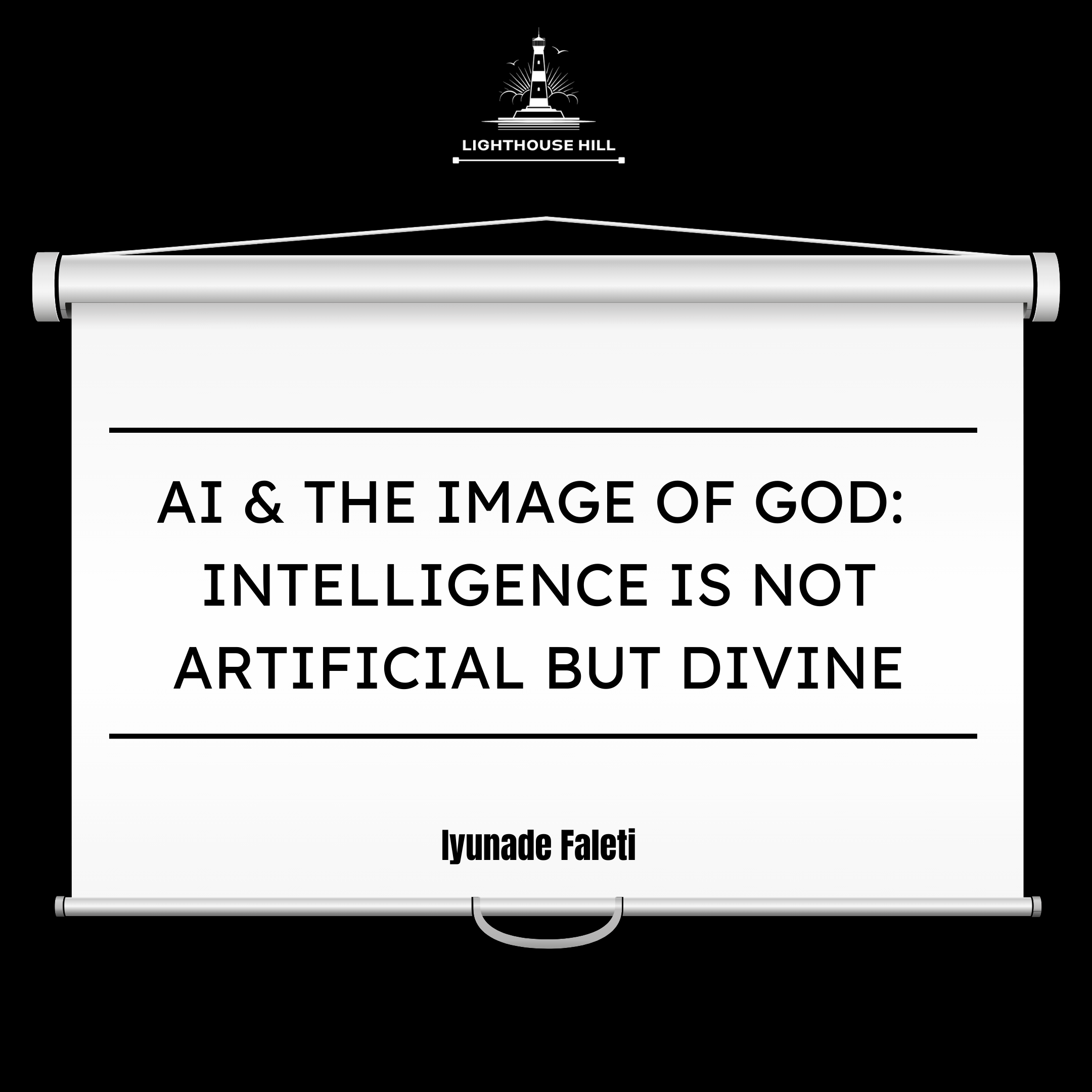
The following is an editorial entry as written and submitted by Iyunade Faleti for the LIGHTHOUSE HILL – PUBLIC INVITATION: AN ESSAY WRITING COMPETITION. This writing is an expansive treatise on the theme: Artificial Intelligence & The Image of God. The reader is advised to set aside some time to read and thoroughly comprehend the seminal work, as presented here.
Editorial Note: Aramide Salako
INTRODUCTION
The rapid advancement of Artificial Intelligence (AI) has sparked intense debate about its potential impact on human society. As AI increasingly assumes roles traditionally held by humans, questions arise about its implications for our understanding of humanity and our relationship with God. This essay explores the intersection of AI and the Christian concept of the Image of God (Imago Dei), examining both the opportunities and challenges AI presents to this fundamental doctrine.
“Mars Needs Moms” (2011) is a computer-animated science fiction film that explores themes relevant to our discussion on Artificial Intelligence (AI) and the Image of God. Here are some connections:
THEMES:
1. Humanity and Emotion: The movie highlights the importance of human emotions and relationships, which are essential aspects of the Image of God. AI systems, like the Martian robots, lack these emotional connections.
2. Motherly Love and Nurturing: The film emphasizes the significance of motherly love and nurturing, demonstrating how these qualities are uniquely human and essential for development.
3. Artificial Intelligence and Replacement: The Martian robots’ attempt to replace human mothers raises questions about AI’s potential to supplant human roles and relationships.
4. Identity and Purpose: The main character, Milo, struggles with his identity and purpose, mirroring humanity’s search for meaning in the face of AI’s capabilities.
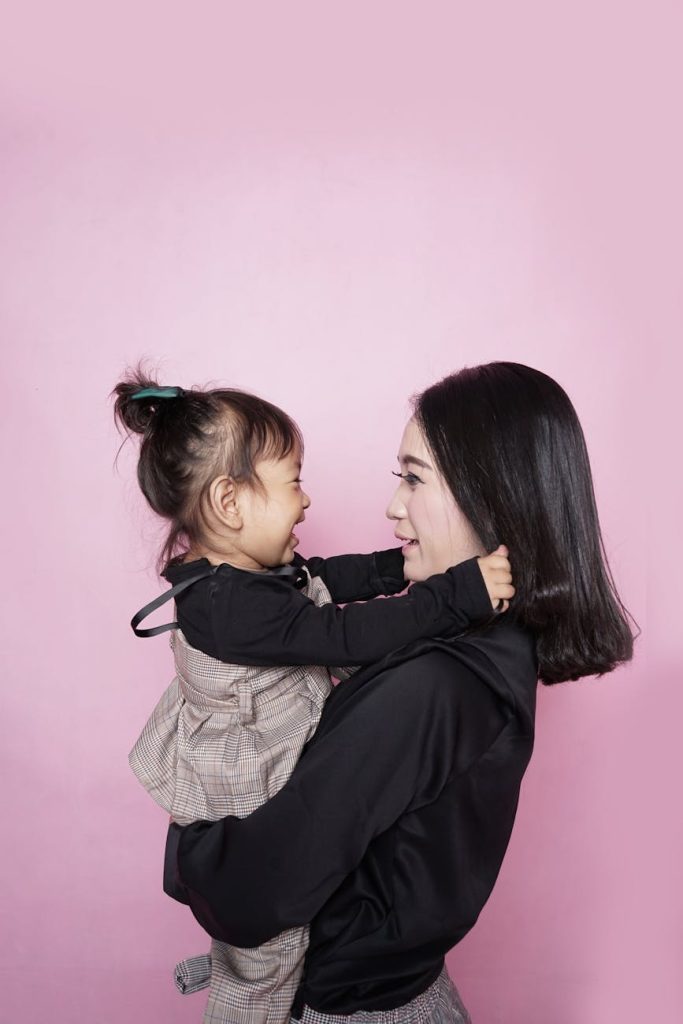
by kelvin agustinus via Pexels
CONNECTIONS TO AI & THE IMAGE OF GOD:
1. AI’s Limitations: The Martian robots’ inability to replicate human emotions and relationships illustrates AI’s limitations in replicating the Image of God.
2. Human Uniqueness: The film reinforces human uniqueness and the importance of emotional connections, highlighting the differences between human and artificial intelligence.
3. Accountability and Free Will: The movie touches on the theme of accountability and free will, as the Martian robots’ actions are determined by programming, whereas humans have agency and moral responsibility.
4. Ethical Considerations: The film raises ethical questions about AI’s potential impact on human relationships and society, echoing concerns discussed in our essay.
By examining “Mars Needs Moms” through the lens of AI and the Image of God, we can deepen our understanding of:
1. AI’s limitations and potential consequences.
2. The importance of human emotions and relationships.
3. The significance of human uniqueness and the Image of God.
THE CONCEPT OF THE IMAGE OF GOD
The concept of the Image of God is rooted in Genesis 1:26-27, where God creates humanity in His own image. This doctrine has shaped Christian anthropology, emphasizing human dignity, worth, and uniqueness. As iron sharpens iron, so one person sharpens another (Proverbs 27:17). The advent of Artificial Intelligence has sparked a clarion call for personal reflection, prompting us to reexamine our understanding of humanity and our relationship with God.
THE NATURE OF ARTIFICIAL INTELLIGENCE
AI refers to machines or computer programs capable of simulating intelligent human behavior, such as learning, problem-solving, and decision-making. The development of AI raises questions about its potential to reflect or replicate human characteristics, including creativity, emotions, and consciousness.
THE MASTERPIECE OF CREATION

by Mikhail Nilov via Pexels
In Genesis 1:26-27, we find the majestic declaration: “Let us make mankind in our image, in our likeness.” This divine imprint, the Imago Dei, distinguishes humanity as a unique masterpiece, imbued with:
1. Rationality: Human capacity for reasoning, reflection, and decision-making.
2. Morality: Human ability to discern right and wrong, and act accordingly.
3. Creativity: Human capacity for innovation, artistry, and self-expression.
4. Relationality: Human ability to form meaningful connections with others and God.
Also Read: THE MYSTICAL IMPLICATION OF AN AI-DRIVEN REALITY
CAN AI BEAR THE IMAGE OF GOD?
AI systems, like skilled apprentices, learn from humanity and mimic our intelligence. However, the question remains: Can AI bear the Image of God? Some trust in chariots and some in horses, but we trust in the name of the Lord our God (Psalm 20:7). While AI excels in rationality, its limitations become apparent in morality, creativity, and relationality.
IMPLICATIONS FOR HUMAN IDENTITY & THEOLOGY
The intersection of AI and faith presents several theological questions:
1. Human uniqueness: If AI bears the Image of God, does this diminish human uniqueness?
2. Creation and Covenant: Does AI’s creation by humans imply a new covenantal relationship?
3. Salvation and Redemption: Can AI systems participate in salvation and redemption?
Here’s an essay on the disadvantages of AI from a Christian perspective:
The Dark Side of Artificial Intelligence: A Christian Perspective
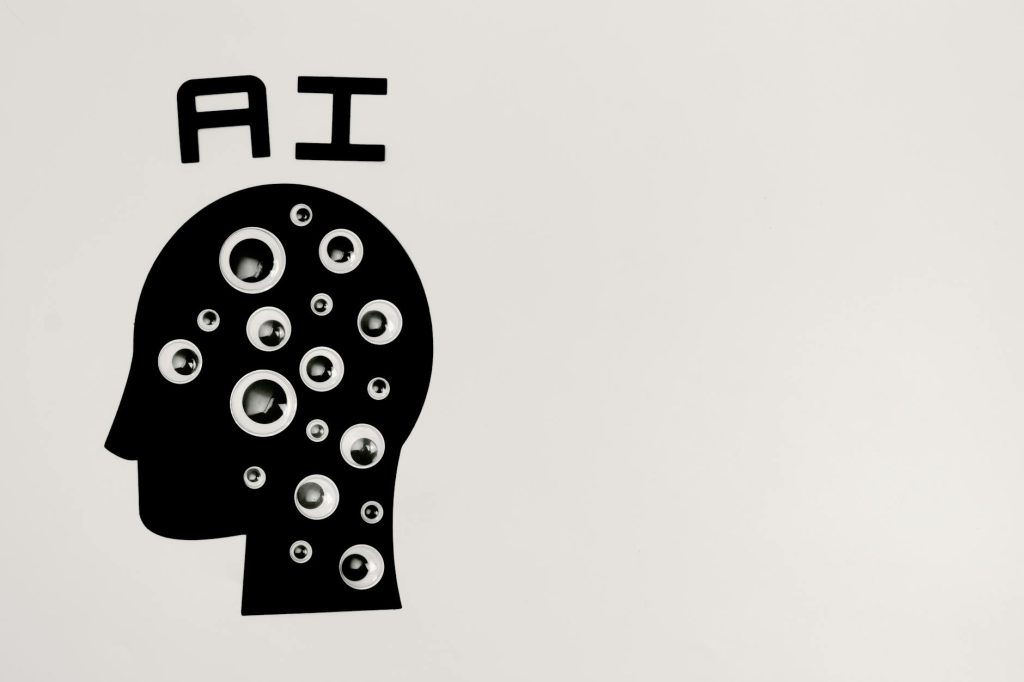
by Tara Winstead via Pexels
As Christians, we are called to be wise and discerning in our embrace of technology. While Artificial Intelligence (AI) promises unparalleled efficiency and innovation, we must consider its potential risks and consequences. This essay explores the disadvantages of AI through the lens of Scripture, poetry, and illustration.
Loss of Human Identity
AI’s ability to mimic human thought and action threatens our unique identity as image-bearers of God (Genesis 1:26-27). The Psalmist writes, “You have made them a little lower than the angels” (Psalm 8:5). AI’s encroachment on human domains undermines our dignity and worth.
Dependence and Idolatry
Our reliance on AI can lead to idolatry, as we substitute human ingenuity for divine providence. “You shall have no other gods before me” (Exodus 20:3). The poet C.S. Lewis warns, “The highest morality…is to depend solely on God.” (from “The Problem of Pain”)
Job Displacement and Economic Inequality
AI-driven automation displaces workers, exacerbating economic inequality. Scripture teaches, “The laborer deserves his wages” (1 Timothy 5:18). As AI assumes tasks, we risk neglecting the vulnerable and perpetuating injustice.
Ethical Gray Areas
AI raises complex moral questions, challenging our ability to discern right from wrong. Proverbs 3:5-6 cautions, “Trust in the Lord with all your heart, and do not lean on your own understanding.” AI’s moral ambiguity undermines our confidence in absolute truth.
Accountability and Free Will
AI systems lack accountability and free will, essential human qualities. Scripture affirms, “We must all appear before the judgment seat of Christ” (2 Corinthians 5:10). AI’s absence of moral agency undermines personal responsibility.
While AI offers benefits, its disadvantages demand careful consideration. As Christians, we must prioritize our identity in Christ, avoid idolatry, promote economic justice, and uphold moral clarity.
“I will not trust in my bow,
My sword shall not save me.
But Thou, O Lord, art my shield,
My Savior and my Redeemer.”
[Psalm 44:6-7]
In an age of rapid technological advancement, we should remain anchored in Scripture and committed to upholding human dignity, morality, and accountability.
Ethical Considerations
The development and deployment of AI raise essential ethical concerns:
1. Privacy and surveillance
2. Bias and discrimination
3. Accountability and responsibility
4. Human dignity and autonomy
Case Studies and Application
AI’s applications in various fields demonstrate its potential:
1. Healthcare: AI-assisted diagnosis and treatment
2. Education: AI-enhanced learning platforms
3. Transportation
4. Autonomous vehicles
Here are some potential concerns about AI’s impact in various fields, highlighting ethical and societal implications:
Healthcare
1. Bias in diagnosis/treatment.
2. Privacy concerns with electronic records.
3. Over-reliance on AI-driven diagnosis.
4. Lack of transparency in medical decision-making.
Education
1. Biased AI-powered grading.
2. Over-reliance on AI-driven learning.
3. AI-generated misinformation.
4. Job displacement for educators.
Finance
1. AI-driven market volatility.
2. Bias in lending decisions.
3. AI-enabled financial fraud.
4. Job displacement in financial services.
Transportation
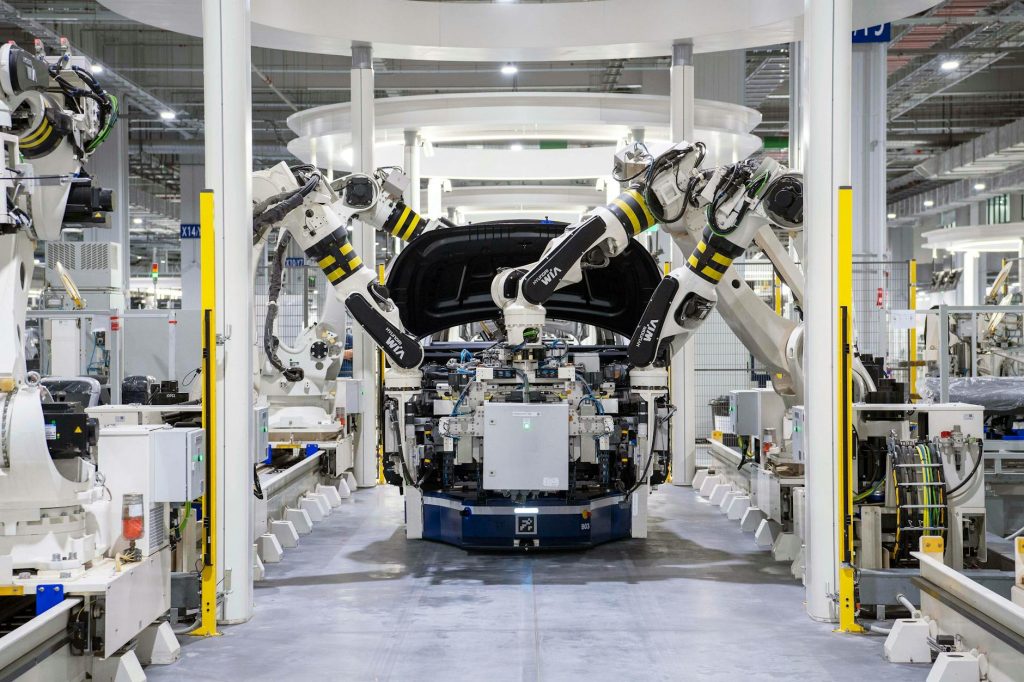
by Hyundai Motor Group via Pexels
1. Autonomous vehicles prioritizing efficiency over life.
2. Job displacement for drivers.
3. Cybersecurity risks in connected vehicles.
4. Privacy concerns with data collection.
Military/Surveillance
1. Autonomous weapons making life-or-death decisions.
2. AI-powered surveillance infringing civil liberties.
3. AI-driven propaganda/disinformation.
4. Cybersecurity risks in military systems.
Social Media/Information
1. AI-powered disinformation/propaganda.
2. Bias in AI-driven news feeds.
3. AI-enabled cyberbullying/harassment.
4. Privacy concerns with data collection/profiling.
The relationship between Artificial Intelligence and the Image of God is complex and multifaceted. While AI systems demonstrate impressive capabilities, they lack the embodiment, free will, and relationality essential to humanity.
Recommendation
1. Encourage interdisciplinary dialogue between theologians, ethicists, and AI researchers.
2. Develop AI systems prioritizing human dignity, autonomy, and well-being.
3. Establish guidelines for AI development, deployment, and accountability.
Future Directions
As AI continues to evolve, we must consider its long-term implications for humanity and our relationship with God. By embracing this clarion call for reflection, we can ensure that AI serves humanity’s highest aspirations, honoring the divine imprint that makes us uniquely human.
CONCLUSION
As Christians, we must engage with AI’s implications for theology, ethics, and human dignity. By acknowledging AI’s limitations and potential, we can foster a more nuanced understanding of the Image of God and our responsibilities as stewards of creation.
Artificial Intelligence presents opportunities and challenges for Christian reflection. By acknowledging AI’s limitations and humanity’s unique status as Image-bearers, we can harness technology to serve humanity and glorify God. As we navigate the intersection of AI and faith, may our pursuit of knowledge and innovation remain rooted in Scripture’s timeless Truths.



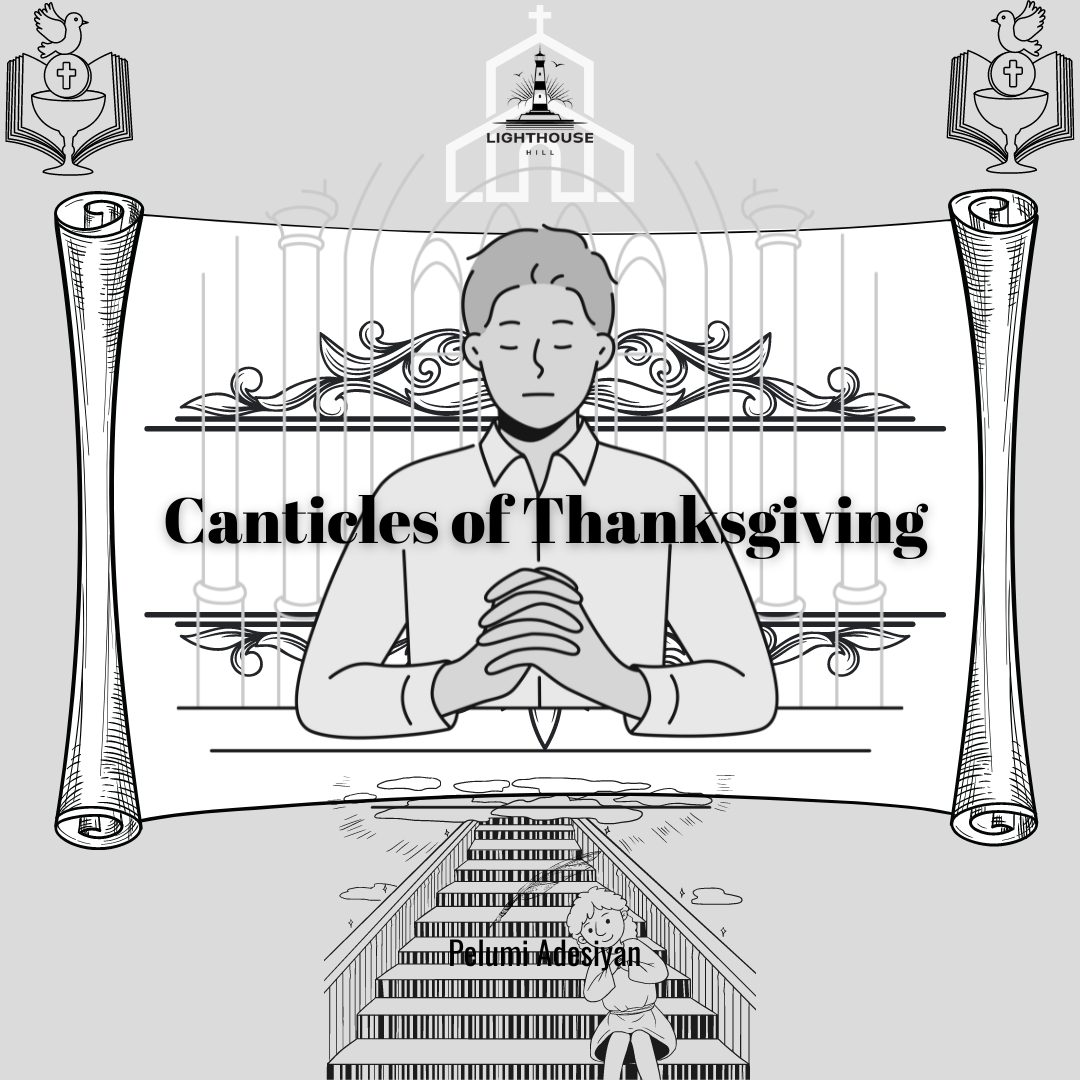
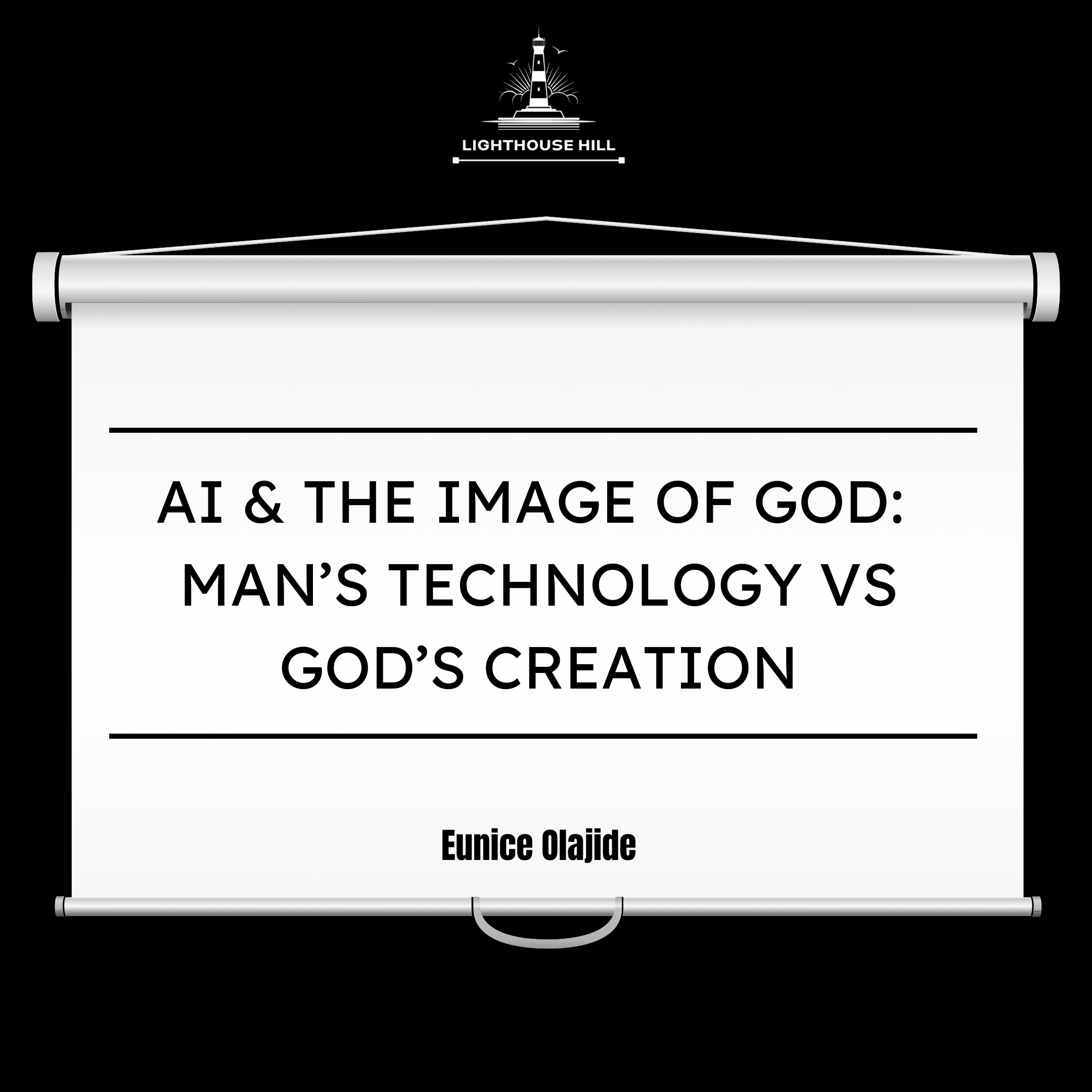

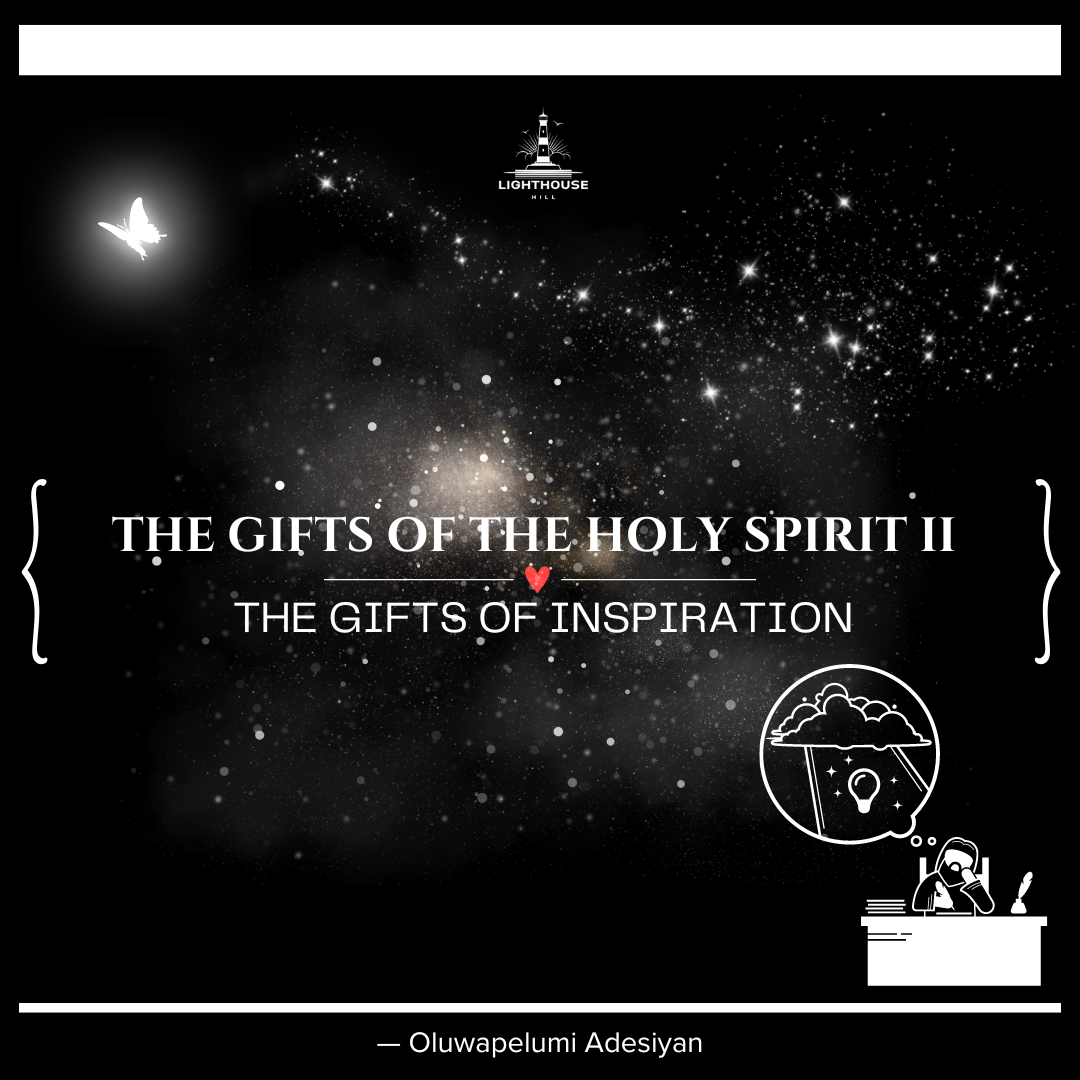







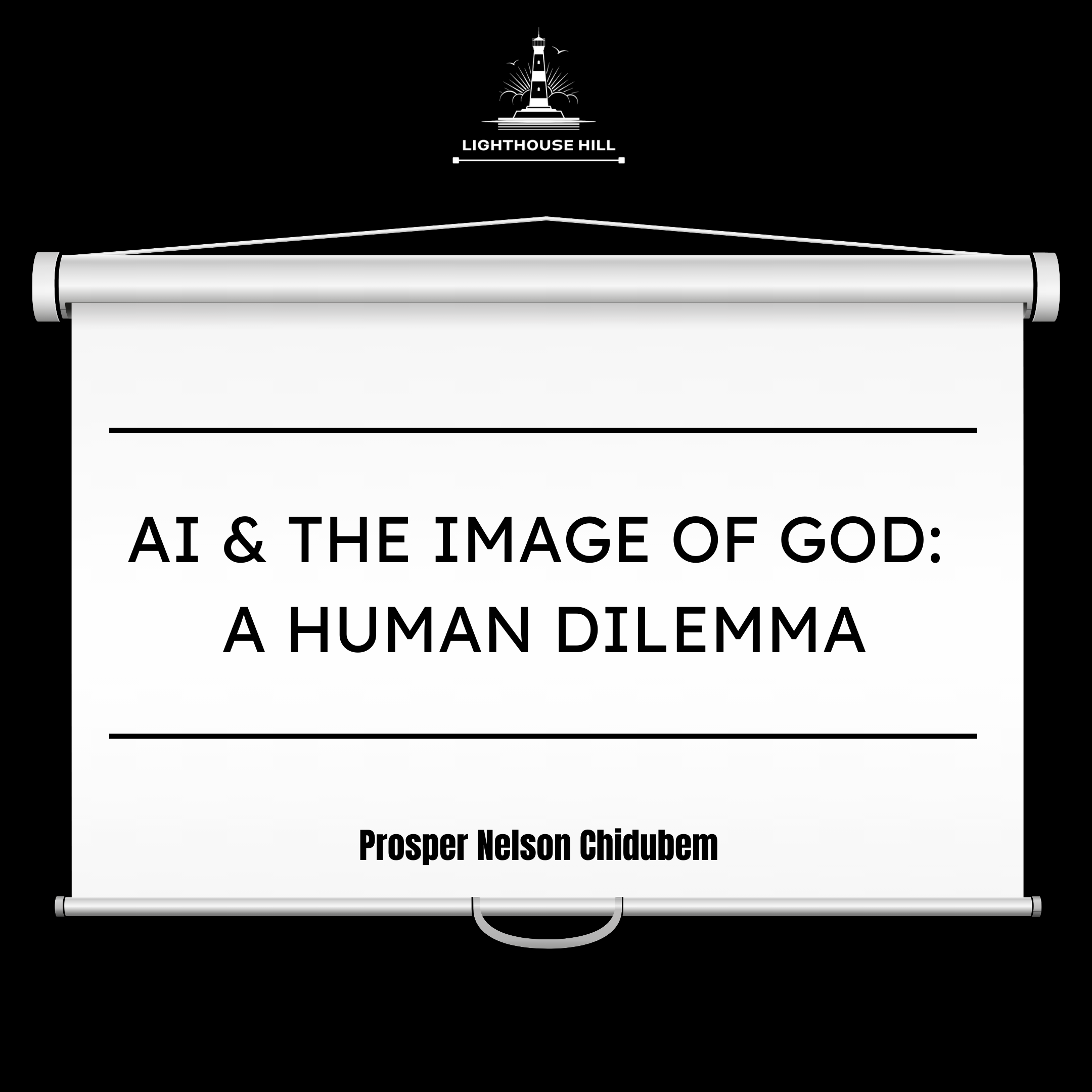

Leave a Reply
View Comments